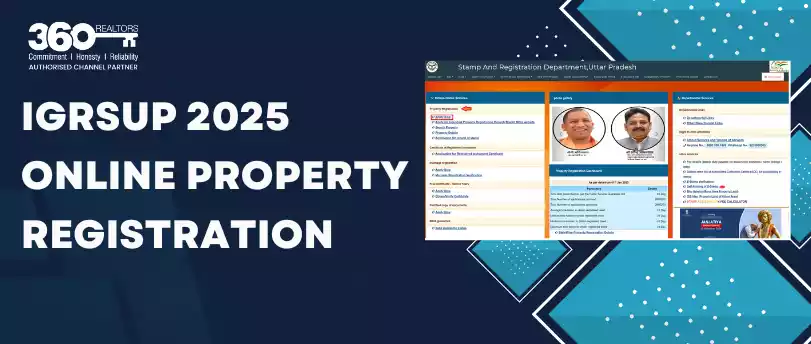Union Minister Nitin Gadkari has come up with a strategic plan to tackle traffic jams and pollution in Mumbai and Thane by proposing two sea routes in the area. These routes will connect JNPT to MbPT and Vasai-Virar to JNPT. Both these ports are important for the transportation of goods. Once the ports become operational, trucks carrying loads will not have to enter the city limits. This will reduce congestion to a substantial extent. According to Gadkari, opening the two ports will result in considerable reduction of traffic jams. If the plans are carried out as chalked out, the sea routes will be coming up between Jawaharlal Nehru Port Trust (JNPT) in Navi Mumbai and Vasai-Virar creek. This will facilitate easy transportation of goods. The Center also has plans to transport goods entering Mumbai through JNPT through the sea route to Mumbai Port Trust, in Mazgaon.
According to the first plan, Gadkari has put forward a proposal to acquire a salt pan of 350 acres near the Vasai-Virar creek. This will be converted to a truck depot to unload goods. These will be transported to JNPT through sea route. These developments of these ports will facilitate Mumbai sea transport to a large extent, taking off the pressure from the roadways. As a result, traffic jams and pollution in Mumbai and Thane will be reduced.
The second plan involves the transportation of goods entering Mumbai through a sea route from JNPT to MbPt. The goods may be unloaded, and if needed, stored in the warehouses located and then transported to other places in Mumbai. Shifting the transportation system to water will save a lot of costs and increase the profit margins. This will also reduce pollution and traffic jams in Mumbai and Thane. When the ports become operational, India transportation will get a boost, with the roads getting an increased life. The cost of logistics in India is high. Transportation through water will reduce these costs to a large extent.
Gadkari pointed out that the logistics cost in India is fixed at 18%, while that in China is 8%. Sea transportation will reduce the logistics cost by as much as 12%. The government’s estimate reveals that transporting the goods via road from one place to another takes INR 1.5 per unit. The cost is INR 1 via railways and only 10-20 paisa through sea. Transportation through water will reduce the logistics costs and the exports of the country are likely to increase 1.5 times. Unclogged roadways will also stimulate the growth of the Mumbai real estate industry. Recently, 185 Ashok Leyland trucks have been transported to Bangladesh through sea route from Chennai. Around 2.4 tonnes of iron have also been transported to Kochi, Ahmedabad, and Chennai from Vishakhapatnam through sea route.
The development of these two ports will bolster the transportation infrastructure in Mumbai to a large extent. This is one of the most important Mumbai News, especially for the real-estate industry. Seamless transportation through the roadways will further strengthen the real estate industry in the area.






